Family relationships can be complicated. When someone you love is struggling in their relationship with alcohol, you may not be quite sure how to handle things. Today, we’re answering the questions you want to ask about alcohol use in families – even if you’re not sure where to begin.
How many families are impacted by alcoholism?
It is estimated that, at some point in their lives, a staggering 43% of people will have struggled with someone in their family’s relationship with alcohol. When someone you love is struggling with their relationship with alcohol, it can create mistrust, confusion and hurt in every aspect of their lives. A family who comes together to support someone with alcoholism may feel connected, but there is often strain in the ties that bind.
Family impacts of alcoholism include broken or damaged relationship bonds and present domestic abuse risks. Outside of these more profoundly observable experiences, there are smaller changes in family structure that may lead to altering dynamics. An inability to trust an individual and breakdowns in the stability of communication are common when someone is using alcohol. These things may make it difficult to talk to someone you once loved, creating a space where you hope for connection. When strong relationships become fragile bonds, you may wonder where to go from here and what those changes mean for you.
Is it genetic to be an alcoholic?
While there are multiple factors that contribute to the risk of alcoholism, genetics do seem to be part of the equation. Not a single gene increases the likelihood of alcohol misuse, but information encoded across several series of genes can play a role in increasing the risk of alcoholism. The University of Rochester estimates that those who had a relative with alcohol misuse tendencies are 4 times more likely to struggle with alcohol use themselves.
What’s the impact of alcoholism on children?
 Alcoholism can impact children of any age, including having an impact on the children of alcoholics long after they’ve left childhood. There is no benefit for a child who has a parent or guardian that uses alcohol, but many risks become involved.
Alcoholism can impact children of any age, including having an impact on the children of alcoholics long after they’ve left childhood. There is no benefit for a child who has a parent or guardian that uses alcohol, but many risks become involved.
In the US, more than 10.5% of children are impacted by a parent who struggles with alcoholism. Those children will experience an increased risk of domestic violence exposure in their young lives, and as they grow, will continue to be more vulnerable than other children to the risks of alcohol misuse.
Do adult children of alcoholics have risks related to alcohol?
There is an increased risk of alcohol abuse in adult children who have experienced alcohol use disorder in their adult caregivers. From a young age, these children were aware of the drinking going on. Witnessing it in excess can influence their perception of what’s normal and warp their standard of behavior before they even have their first drink.
Outside of the risks of alcohol misuse themselves, adult children of alcoholics may struggle with emotional regulation. They may struggle to identify stable relationships, establish trust or feel the truth in their own emotions in relationships they do develop.
How does alcohol affect your relationships with others?
In every shape and form, alcohol impacts the relationships you have with others. You may find that your friends are really enjoying you on a night out when you can toss back the drinks and be the life of the party, but it’s unlikely that anyone else in your life is feeling quite as boisterous about your relationship with alcohol.
In romantic relationships, alcohol increases the instance of domestic abuse by a large margin. Due to lowered inhibitions, altered perception, and reduced self-control, alcohol can is a contributing factor to a large number of domestic abuse cases across the globe.
Where can we begin to find support?
When you are seeking ways to be supportive of a family member who is either struggling with alcohol misuse or in recovery, there are options available to you. Seeking therapy to help you heal unresolved trauma related to the relationships impacted by alcohol can be a great place to begin in stopping the cycle of addiction in its tracks. Healing your own hurt may seem counterintuitive but breaking the cycle can reduce enabling behaviors and help you in supporting your loved one. You can work toward a legacy rooted in their holistic being instead of their alcoholism.
If you are struggling with your relationship with alcohol, you can begin with yourself before reaching for the help that is available. Considering your concerns, emotions, and experiences can help you to navigate the kind of support you want and what may feel accessible to you right now. There are many kinds of support available to you from detox to residential recovery programs, Villa Kali Ma has a multitude of programs designed to help you heal from the inside out.


